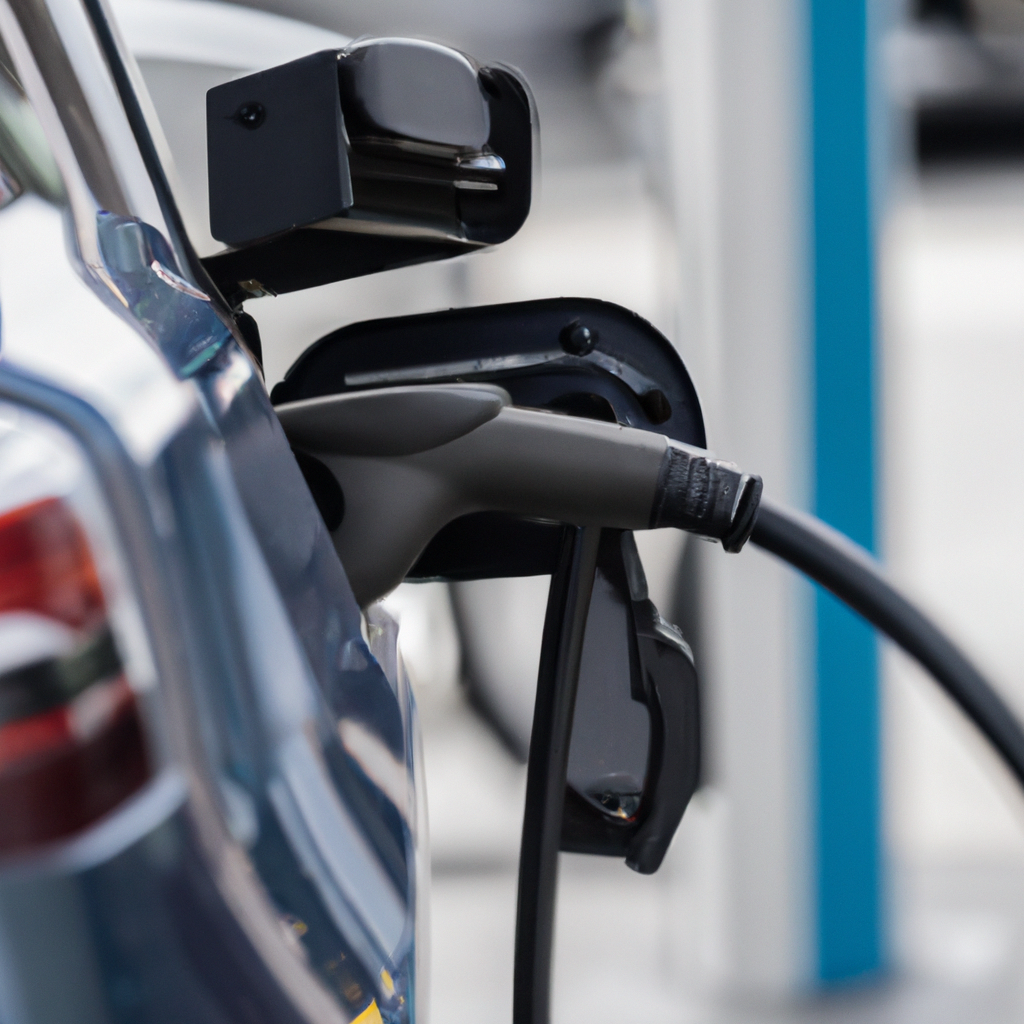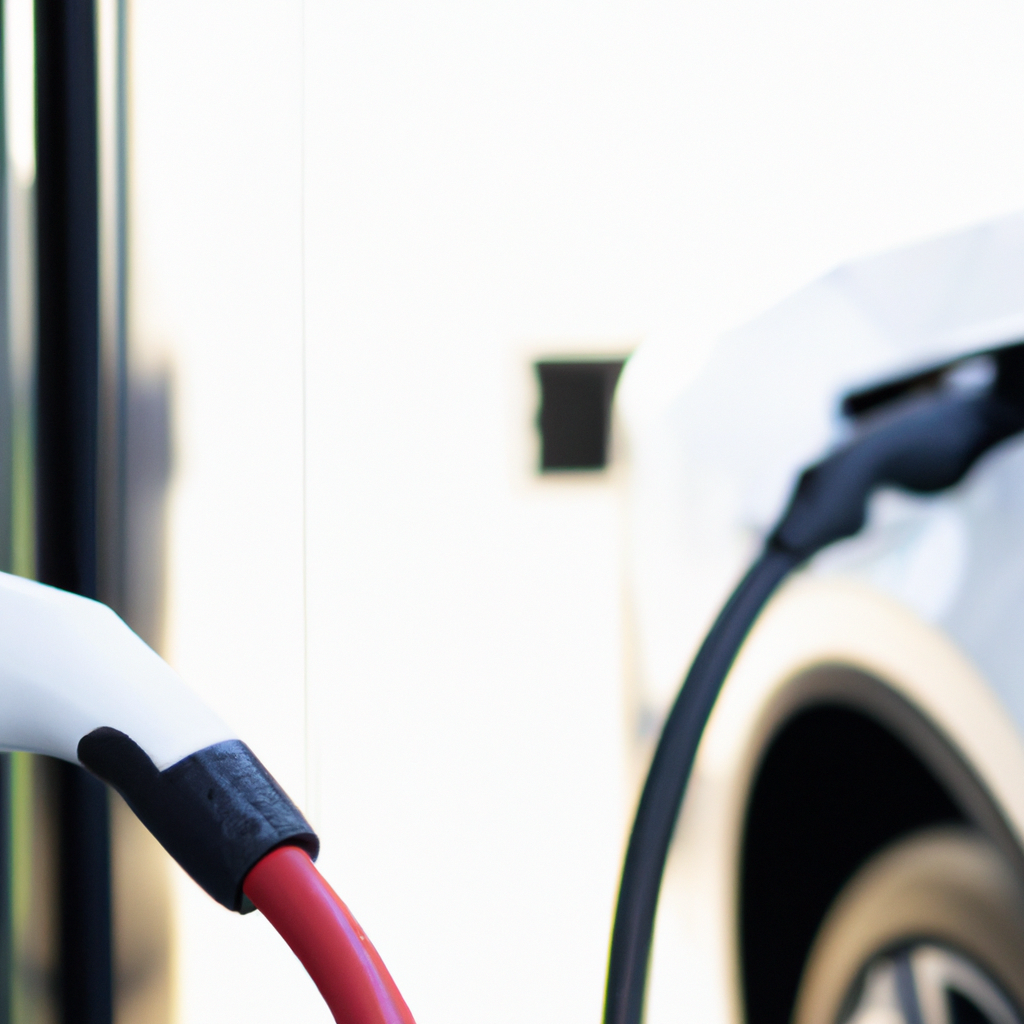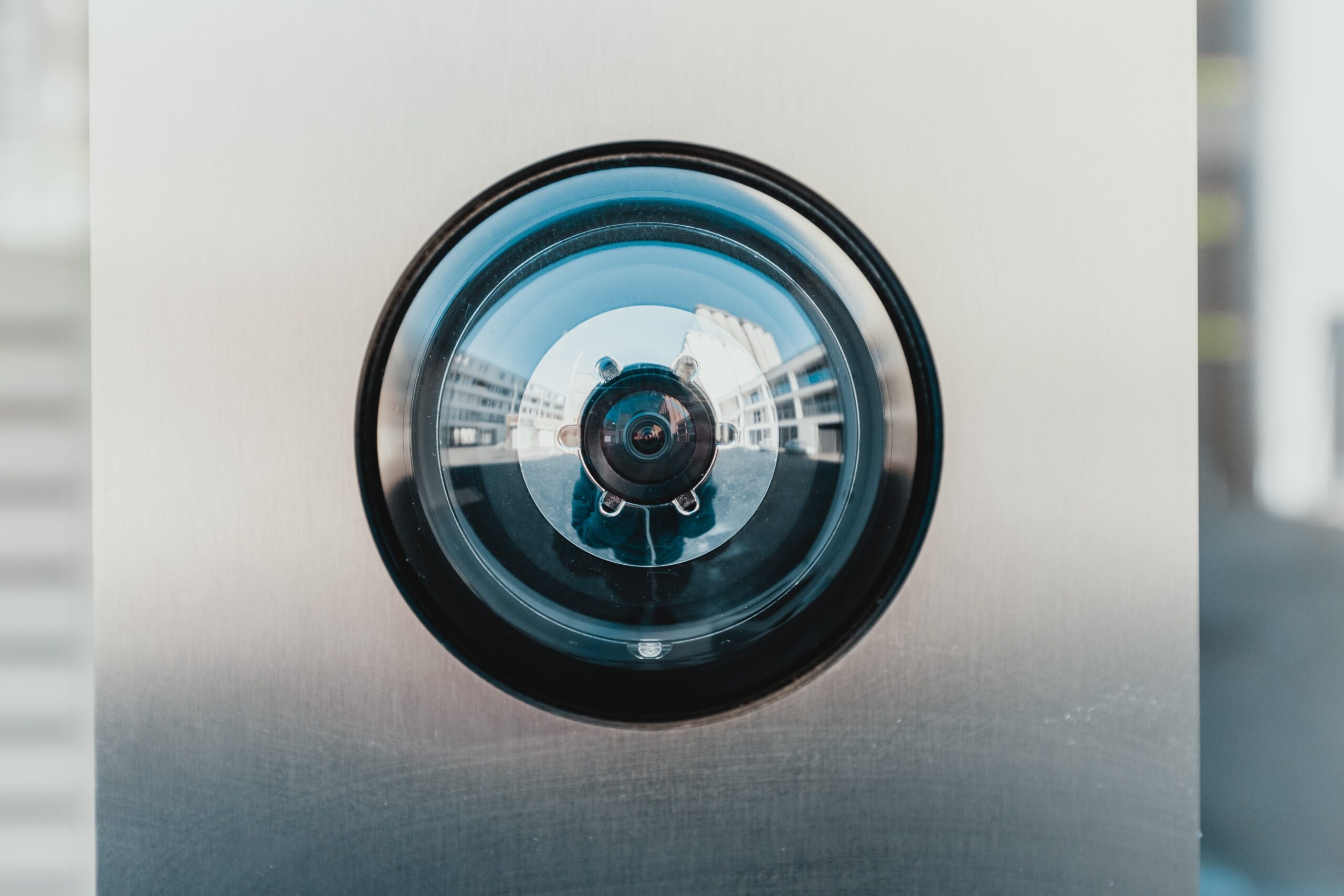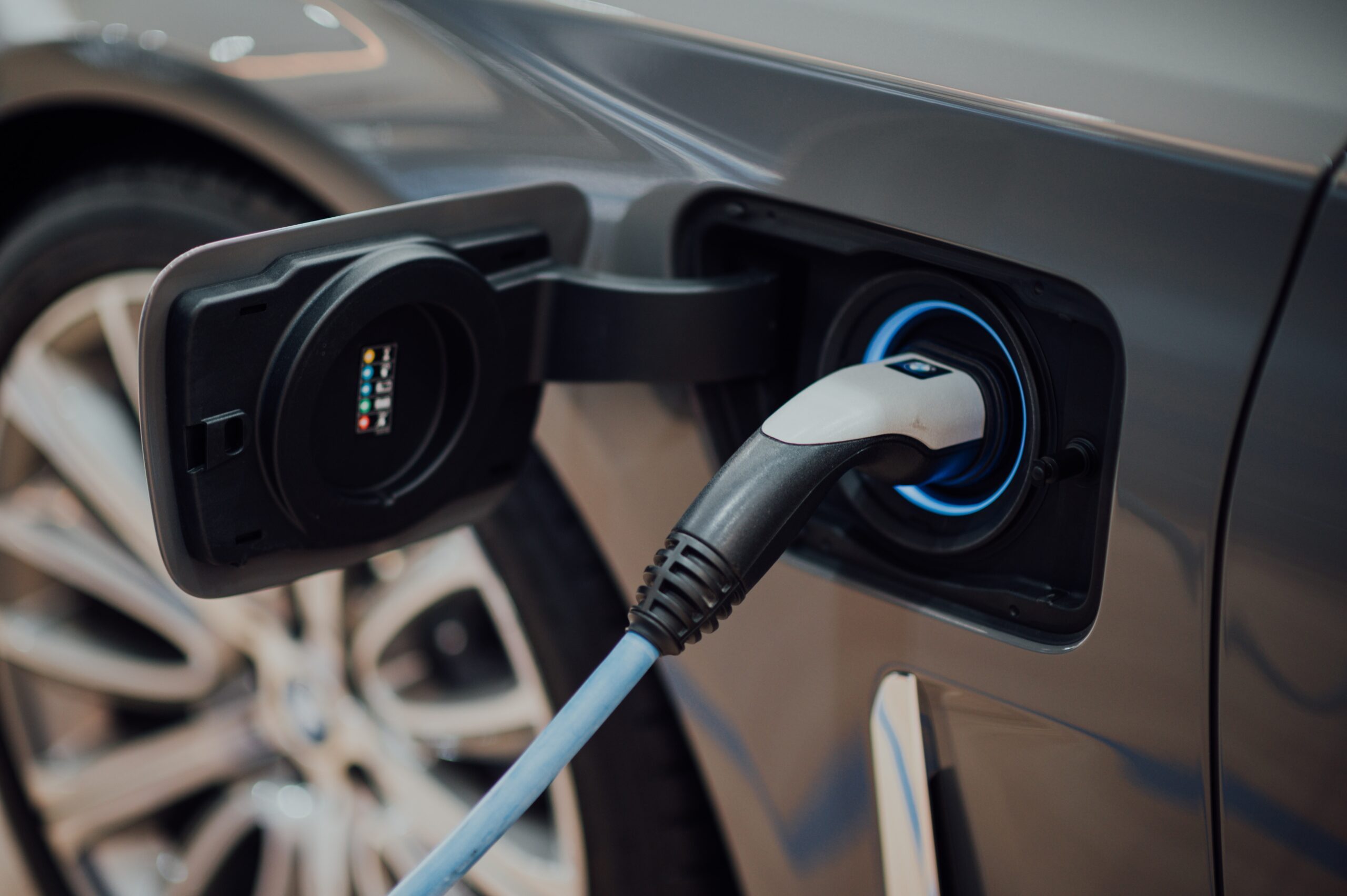EV Charger Compatibility: Ensuring The Right Fit For Your Vehicle
October 22, 2023 | by Jacob Kang

So you’ve made the decision to go electric and join the growing community of environmentally-conscious drivers. Congratulations! Now, one of the most important steps in your electric vehicle (EV) journey is to ensure that you have the right EV charger for your specific vehicle. With the increasing availability of EV chargers on the market, it’s essential to understand the concept of charger compatibility to avoid any potential headaches down the road. In this article, we’ll explore the key factors you need to consider to ensure the perfect fit between your EV and its charger. From understanding different charging levels to familiarizing yourself with connector types, we’ve got you covered. So let’s dive in and get your EV charging experience off to a smooth start!

Understanding EV Charger Compatibility
When it comes to electric vehicles (EVs), one of the most important aspects to consider is the compatibility of the EV charger you choose. Not all chargers are created equal, and it’s crucial to understand the different types of chargers and charging levels available, as well as the importance of choosing a compatible charger for your vehicle.
Different Types of EV Chargers
There are a variety of EV chargers available on the market, each with its own charging speeds and capabilities. The most common types include Level 1 chargers, Level 2 chargers, and DC Fast Chargers.
Level 1 chargers are the slowest, typically utilizing a standard 120-volt AC outlet. They are convenient for overnight charging at home but are not suitable for quickly charging your vehicle.
Level 2 chargers provide faster charging times and require a 240-volt AC outlet, typically found in homes or public charging stations. These chargers are a popular choice for daily charging at home or workplaces.
DC Fast Chargers are the fastest chargers available, providing high-voltage DC power directly to the vehicle’s battery. These chargers are commonly found at public charging stations and are ideal for long journeys where fast charging is required.
Charging Levels: Level 1, Level 2, and DC Fast Charging
Level 1 chargers operate at a charging speed of around 3-5 miles of range per hour. This means that if your electric vehicle has a battery with a capacity of 60 kWh, it would take approximately 12-20 hours to fully charge.
Level 2 chargers, on the other hand, offer a charging speed of approximately 10-20 miles of range per hour, significantly faster than Level 1 chargers. With a Level 2 charger, you can fully charge a 60 kWh battery in about 3-6 hours.
DC Fast Chargers are the fastest charging option and can provide up to 80% charge in as little as 30 minutes, depending on the vehicle and charger capabilities. These chargers are a great option for long road trips or when you need a quick top-up.
Importance of Charger Compatibility
Choosing a compatible EV charger is crucial for efficient and safe charging. Incompatible chargers can potentially damage your vehicle’s battery or slow down the charging process significantly. It’s essential to ensure that the charger you select matches the specifications and capabilities of your electric vehicle.
Choosing the Right EV Charger
Selecting the right EV charger involves considering your vehicle’s charging capabilities, assessing your charging needs, and researching charger compatibility with your specific make and model.
Consider Your Vehicle’s Charging Capabilities
Start by understanding your electric vehicle’s charging capabilities. This information can usually be found in the vehicle’s user manual or by doing a quick online search. Pay attention to the maximum charging speeds and amperage that your vehicle can handle.
Assess Your Charging Needs
Consider your average daily driving distance and determine how often you will need to charge your vehicle. If you have a short daily commute, a Level 1 charger may suffice. However, if you frequently drive long distances, a faster Level 2 or DC Fast Charger may be more suitable.
Research Charger Compatibility with Your Vehicle
Once you have a clear understanding of your vehicle’s charging capabilities and your charging needs, research the charger compatibility for your specific make and model. Check with the charger manufacturer or consult online resources to ensure that the charger you are considering is compatible with your vehicle.
Compatible Charger Options for Different EVs
Different electric vehicles may have different charging requirements. Here are some compatible charger options for electric cars and plug-in hybrid cars:
Electric Cars
For electric cars, Level 2 chargers are typically the most suitable option. These chargers allow for faster charging times, which is advantageous when you rely solely on electric power. Some electric cars may also be compatible with DC Fast Chargers, providing even quicker charging options, especially for long trips.
Plug-in Hybrid Cars
Plug-in hybrid cars often have smaller battery capacities compared to fully electric vehicles. Level 1 chargers may be sufficient for these vehicles, as they generally require less charging time. However, if you frequently drive in all-electric mode, a Level 2 charger could still be beneficial to reduce charging time.
Charger Connectors and Adapters
Understanding the different types of charging connectors and adapter compatibility is essential to ensure a proper fit between your EV and the charger.
Types of Charging Connectors
The most common types of charging connectors for EVs include the SAE J1772 connector, CCS (Combined Charging System) connector, and CHAdeMO connector.
The SAE J1772 connector is a standard connector for Level 1 and Level 2 charging and is compatible with most electric vehicles. The CCS connector and CHAdeMO connector are primarily used for DC Fast Charging and may require additional adapter cables for compatibility with some EV models.
Understanding Adapter Compatibility
Adapters can bridge the gap between different charging connector types, allowing for compatibility between various EVs and chargers. However, not all adapters work with every vehicle and charger combination.
It’s crucial to carefully research and ensure that any adapters you plan to use are compatible with both your EV and the charger you intend to use. Using incompatible adapters can lead to charging inefficiencies or potential damage to your vehicle’s battery.

Factors Affecting Charger Compatibility
Several factors can affect the compatibility between your EV and charger. Understanding these factors is vital when selecting the right charger for your specific vehicle.
Voltage and Amperage Requirements
Different chargers have different voltage and amperage requirements. It’s important to ensure that the charger you choose matches your vehicle’s voltage and amperage specifications. Using a charger with a higher voltage or amperage than your vehicle can handle may result in damage to your vehicle’s electrical system.
Vehicle Charging Port Type
Various EV models have different types of charging ports. Common types include Type 1 (J1772), Type 2 (Mennekes), CCS, and CHAdeMO. Ensure that the charging port on your EV matches the connector type of the charger you plan to use.
Battery Capacity and Charging Speed
The battery capacity of your EV can impact the charging speed. If your battery has a larger capacity, you may benefit from a higher-powered charger to minimize charging time. Consider the battery capacity of your vehicle and select a charger that can handle charging at the desired speed.
Importance of Reading Vehicle’s User Manual
To fully understand your vehicle’s charging requirements and find information about charger compatibility, it’s essential to read your vehicle’s user manual.
Understand Manufacturer’s Recommendations
The user manual typically contains valuable information provided by the vehicle manufacturer regarding recommended charger types, charging speeds, and any limitations or restrictions. Following the manufacturer’s recommendations will help ensure optimal performance and prevent potential damage to your EV.
Identify Charger Compatibility Information
The user manual will often provide guidance on charger compatibility. Look for specific connector types or charger specifications recommended by the manufacturer. This information will help you select a charger that is fully compatible with your vehicle.

Installing an EV Charger at Home
If you are considering installing an EV charger at home, there are a few important factors to consider.
Consult an Electrician
Before installing an EV charger, consult with a licensed electrician to evaluate your electrical system’s capacity and ensure that it can handle the additional load. They will be able to guide you through the installation process and ensure that it is done safely and correctly.
Consider Charger Installation Costs and Requirements
Installing an EV charger at home may require additional electrical work, such as upgrading your electrical panel or installing dedicated circuits. Take into account the total installation costs and any additional requirements to ensure a seamless installation.
Ensure Proper Electrical Circuitry
To ensure safety and optimal charging performance, it is crucial to have the proper electrical circuitry in place. This may include specific electrical outlets or wiring configurations. Be sure to follow the manufacturer’s installation guidelines and consult an electrician if necessary.
Public Charging Stations and Compatibility
When using public charging stations, it’s important to consider charger compatibility and availability.
Research Charging Infrastructure
Before embarking on a long journey, research and plan your charging stops along the way. Identify available charging stations and their compatibility with your vehicle. This information can usually be found through various EV charging apps or online charging station directories.
Check Charger Compatibility at Public Stations
When arriving at a public charging station, ensure that the charger type and connector match your vehicle’s requirements. Some public stations may have multiple chargers with different connector types, so double-check before initiating a charge.
Utilizing Adapter Options
Adapters can be useful when compatibility issues arise at public charging stations. However, it’s important to note that not all adapters will work with every charging station or vehicle combination. Confirm adapter compatibility in advance to avoid any unpleasant surprises when trying to charge.

Future-proofing Charger Compatibility
As technology evolves, new EV models and charging technologies are constantly emerging. To future-proof your charger compatibility, consider the following:
Consider Upcoming EV Models
If you plan to upgrade your vehicle in the near future, research the charging capabilities of upcoming EV models. This will help you select a charger that can accommodate your next vehicle when the time comes.
Adapting to New Charging Technologies
Keep an eye on advancements in EV charging technology. New charging standards and innovative solutions may arise, providing faster charging speeds or more convenient charging options. Be open to adapting to new technologies to ensure long-term compatibility.
Troubleshooting Charger Compatibility Issues
Despite careful planning, charger compatibility issues may still arise. Here are some steps to troubleshoot common problems:
Understanding Error Messages
If you encounter error messages when trying to charge, refer to your vehicle’s user manual for a list of possible error codes and troubleshooting steps. Understanding the error message will help you identify the issue and find a solution.
Seeking Professional Assistance
If you are unable to resolve the issue on your own, contact a professional EV technician or reach out to the charger manufacturer’s customer support. They will have the knowledge and expertise to guide you through the troubleshooting process and provide appropriate solutions.
Possible Workarounds and Solutions
In some cases, there may be workarounds or alternative solutions to overcome compatibility issues. This could include using adapters, seeking out alternative charging stations, or adjusting charging settings on your vehicle.
In conclusion, understanding EV charger compatibility is essential for maximizing the efficiency and safety of your electric vehicle’s charging process. By considering your vehicle’s charging capabilities, assessing your charging needs, and researching charger compatibility, you can choose the right EV charger for your specific requirements. Whether you are installing a charger at home or utilizing public charging stations, ensuring compatibility will help you enjoy a seamless and convenient EV charging experience.

RELATED POSTS
View all


